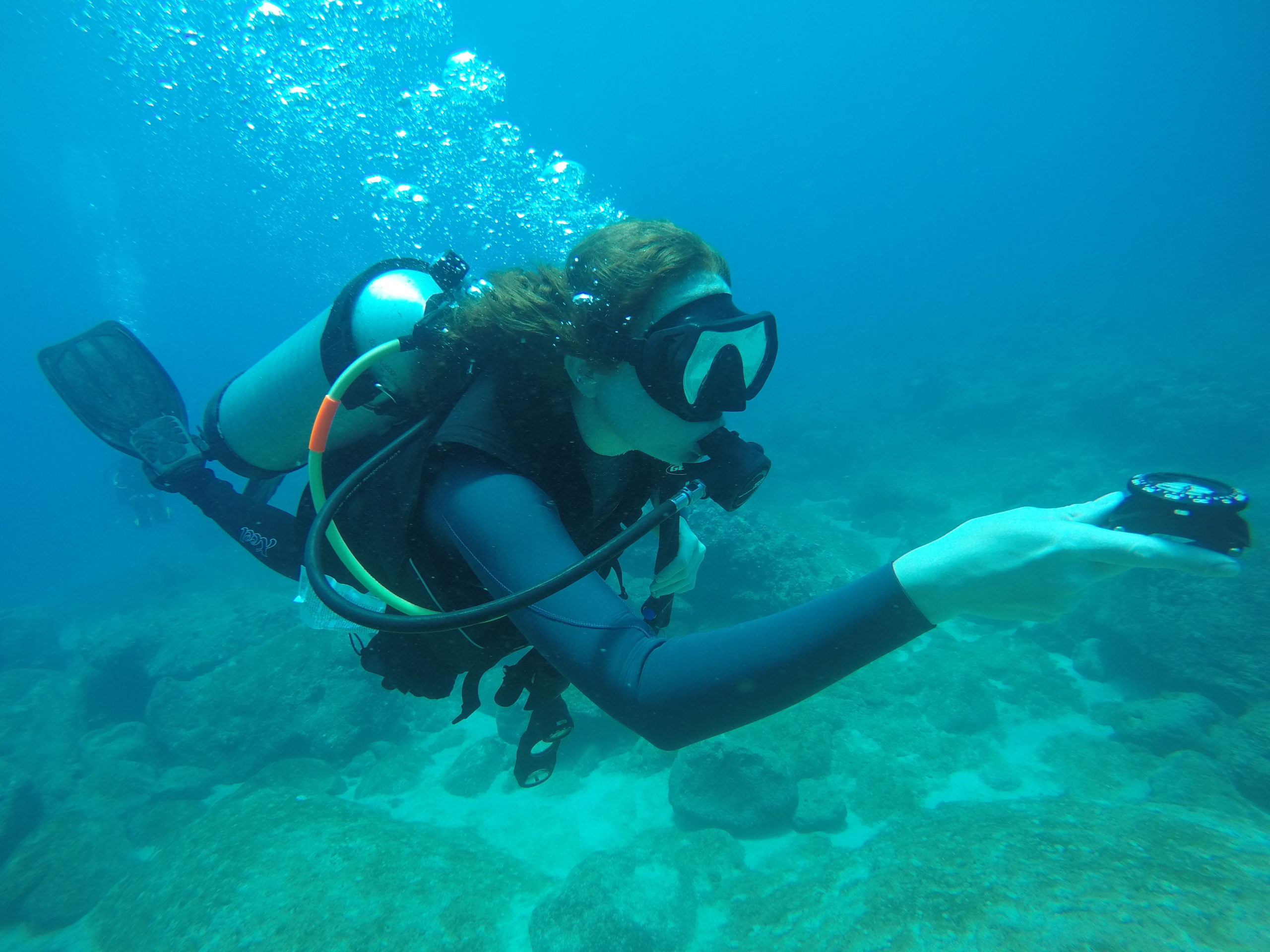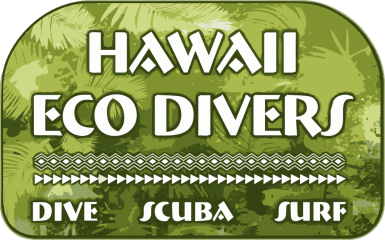HOW TO IMPROVE YOUR UNDERWATER NAVIGATION FOR SCUBA DIVING

While working on my Advanced Open Water Diver certificate with Hawaii Eco Divers, I’ve had the chance to develop and expand upon many of the skills learned in my basic Open Water class. Learning these skills is exciting and rewarding with a classroom as beautiful as Shark’s Cove. This particular dive site is full of diverse underwater topography, with lava tubes and intricate reef systems. With such a seemingly complex dive site, I’ve always found it fascinating how divemasters navigate so effortlessly. However, it becomes surprisingly accessible once you learn the basics of navigation.

Learning underwater navigation.
Trust your compass.
As it turns out, my internal sense of direction was not as strong as I thought. There were times I thought I was swimming in a straight line, but ended up far off my mark. While your mind may tell you to go in one direction, odds are your compass will reliably set you on the right path. That being said, this was a weird feeling for me when I started the dive. At times, the compass led me on a trajectory that didn’t feel right physically, but of course it was always correct.
